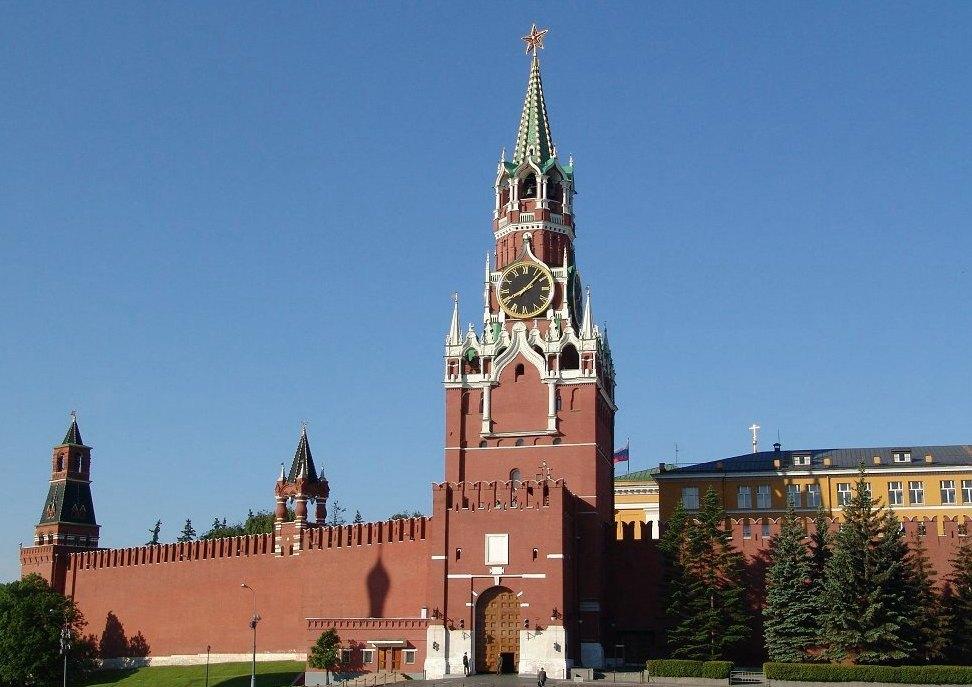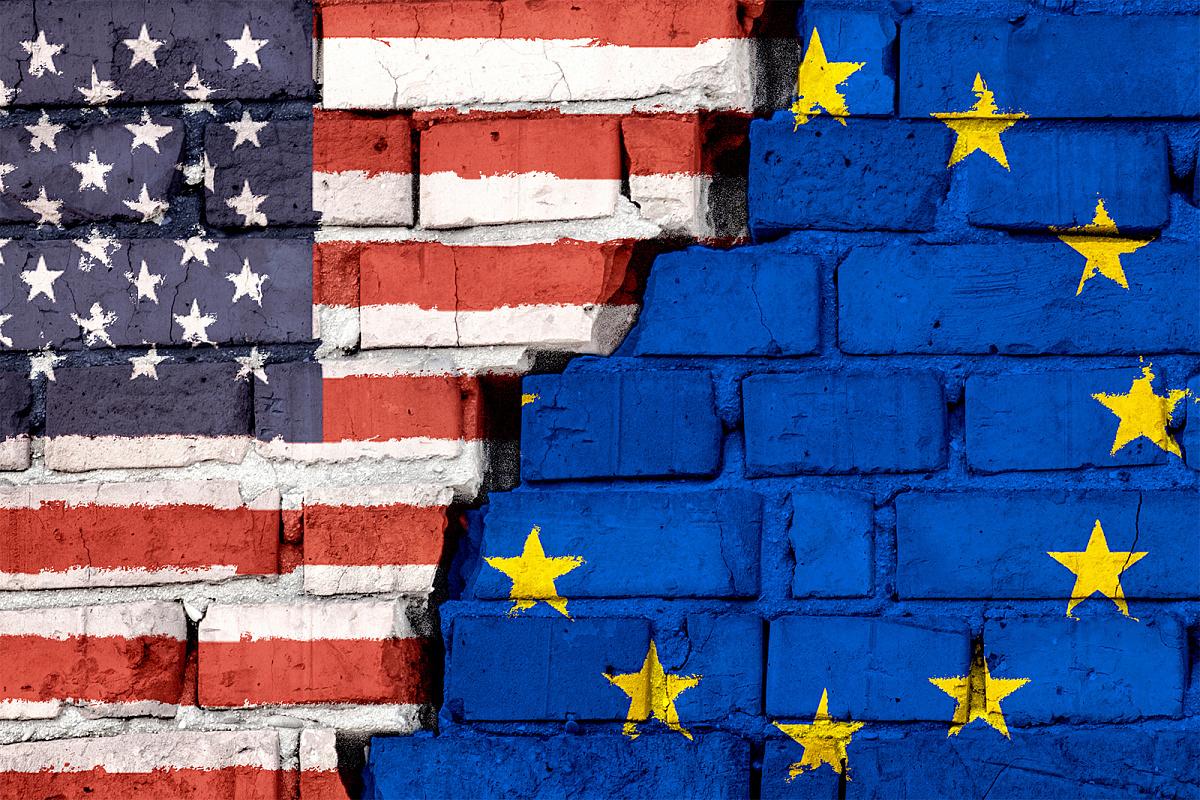Turkiye's strategic autonomy: The balance between the West and Russia Scene-setter by Mikhail Magid
Today, a number of experts are discussing the question that was concisely formulated by the Turkish journalists: "Will President Erdoğan maintain the balance between the West and Russia?" These discussions have intensified amid recent reports that Turkiye has closed its airspace to Russian civilian and military aircraft heading to Syria.
When this question is discussed in Russian-speaking community, another one is often asked: Whose side is Turkiye on, is it for NATO and Ukraine or for Russia? This latter question is akin to another: Why can't an arrow fired from a bow hit the moon? Turkiye is a powerful regional power that is on its own side. The purpose of the Turkish state is to expand its own sphere of influence, not to cater to Russia or NATO.
Turkiye's position is the result of Erdoğan's policy of strategic autonomy, based on an attempt to seek its own path without making a clear choice between pro-Atlantic and pro-Eurasian courses. By the way, it is curious that Turkiye was able to maintain neutrality during World War II under President Ismet Inonu, who skilfully managed to keep balance.

Advancing its interests, Turkiye, willingly or unwillingly, comes into contact with the interests of other states or blocs. In this situation, it is manoeuvring. When faced with pressure or opposition from one of the parties, it sometimes makes demonstrative steps towards the other force, thereby showing that Ankara is not to be trifled with and that pressure can lead to the opposite result. The country's economic and military-political weight is large enough for its participation in certain deals or alliances to have a significant impact on the world order, so it has a say.
However, this may change if the combined pressure of a coalition of states - the collective West - proves too powerful, forcing the Turkish state to significantly adjust its course.
Cengiz Chandar, a veteran Turkish journalist and researcher at the Stockholm University Institute of Turkish Studies (SUITS), underlines that "if the West and NATO remain united during the long conflict in Ukraine, Turkish policy, which occupies an intermediate position between Kyiv and Moscow, could become unsustainable."
Turkiye secured a face-to-face meeting of the foreign ministers of Ukraine and Russia after the conflict between these countries began, thus becoming a unique and essentially the only platform for such negotiations. The latter became possible because of Turkiye's independent policy.
Turkiye is a member of NATO, the key to the security of this international alliance, possessing the second-largest NATO army and taking a unique strategic position between Europe and Asia. Its most important trading partners are the European Union and the United States. Turkiye has not recognized Russian control over Crimea. As a Black Sea power, Ankara confronts Moscow in the region and supplies Ukraine with Bayraktar combat drones, fearing the expansion of the Russian influence in the Black Sea.

At the same time, Turkiye participates in the Astana process with Russia and Iran: the three countries are trying to determine spheres of influence in Syria. Turkey’s trade with Moscow is strategic. Turkiye depends on Russia for energy and agricultural products, mainly grain and sunflower oil. Tourism in Turkiye is also heavily dependent on Russians. Russia is building a $20-22 billion nuclear power plant in Turkiye. The country provides about 45% of its natural gas and 17% of its oil needs at the expense of Russia. Ankara has repeated several times that it has no plans to comply with the sanctions imposed on Moscow.
When the U.S. refused to provide Turkiye with its Patriot air defense systems, Turkiye purchased similar systems, the S-400, from Russia. The United States considered these actions to be hostile and, in response to the violation of anti-Russian sanctions, withdrew Turkiye from a strategically important program to build and purchase the latest stealth combat aircraft, the F-35. This led to a sharp deterioration of relations between Washington and Ankara.
Today, the U.S. offers Turkiye to end the conflict by transferring Turkish S-400s to Ukraine and then returning Turkiye to the F-35 program. But it is not yet possible to un-ring that bell: Turkiye refuses to accept such a deal, realizing that such a decision would cause a sharp conflict with Moscow and deprive Ankara of its unique independent position among the powers.
The Americans put pressure on many countries, including the rising superpowers such as India and China, to force them to abandon trade with Russia, and sometimes they [Americans] succeeds. For example, some major Chinese companies have refused to sign contracts with Russian companies. Turkiye has not yet agreed to go down this path.
But here's the question. How long can all this go on? Is there any place at all for neutrality in today's world, especially in a situation where Turkiye is part of a Western military alliance, while even neutral countries such as Sweden and Finland intend to join NATO?

U.S. Treasury Secretary Janet Yellen's recent warning about the consequences of undermining sanctions against Russia was mainly directed at China, but it also concerned Turkiye.
Previously, Ankara was praised by Western politicians for implementing the provisions of the Montreux Convention and banning the passage of warships from the Turkish straits to the Black Sea. This means that Turkiye has closed the straits for the passage of additional Russian warships to the Black Sea. Turkish Foreign Minister Mevlut Cavusoglu announced on April 23 that Ankara had closed its airspace to Russian civilian and military aircraft heading to Syria. "Permits were issued every three months. The last one was valid until April. Henceforth, these flights have been stopped," he said.
The British "Spectator" paper published an article by Owen Matthews who claimed, "Erdoğan is in a great hurry to settle the conflict between his two major trading partners (Ukraine and Russia) - perhaps too much of a hurry, for Washington's taste". Turkiye does not benefit from an increased conflict between NATO + Ukraine and Russia because it could affect its freedom of manoeuvre.
If the West and NATO remain united and continue to exert pressure on their allies, including Turkiye, Ankara's noncompliance with Western sanctions against Russia could become problematic. If the Western alliance and Russia manage to reduce tensions, President Erdoğan will have more space for manoeuvring aimed at expanding the strategic autonomy of his state.








